What Does It Take to Run Boston? We Asked These Terriers
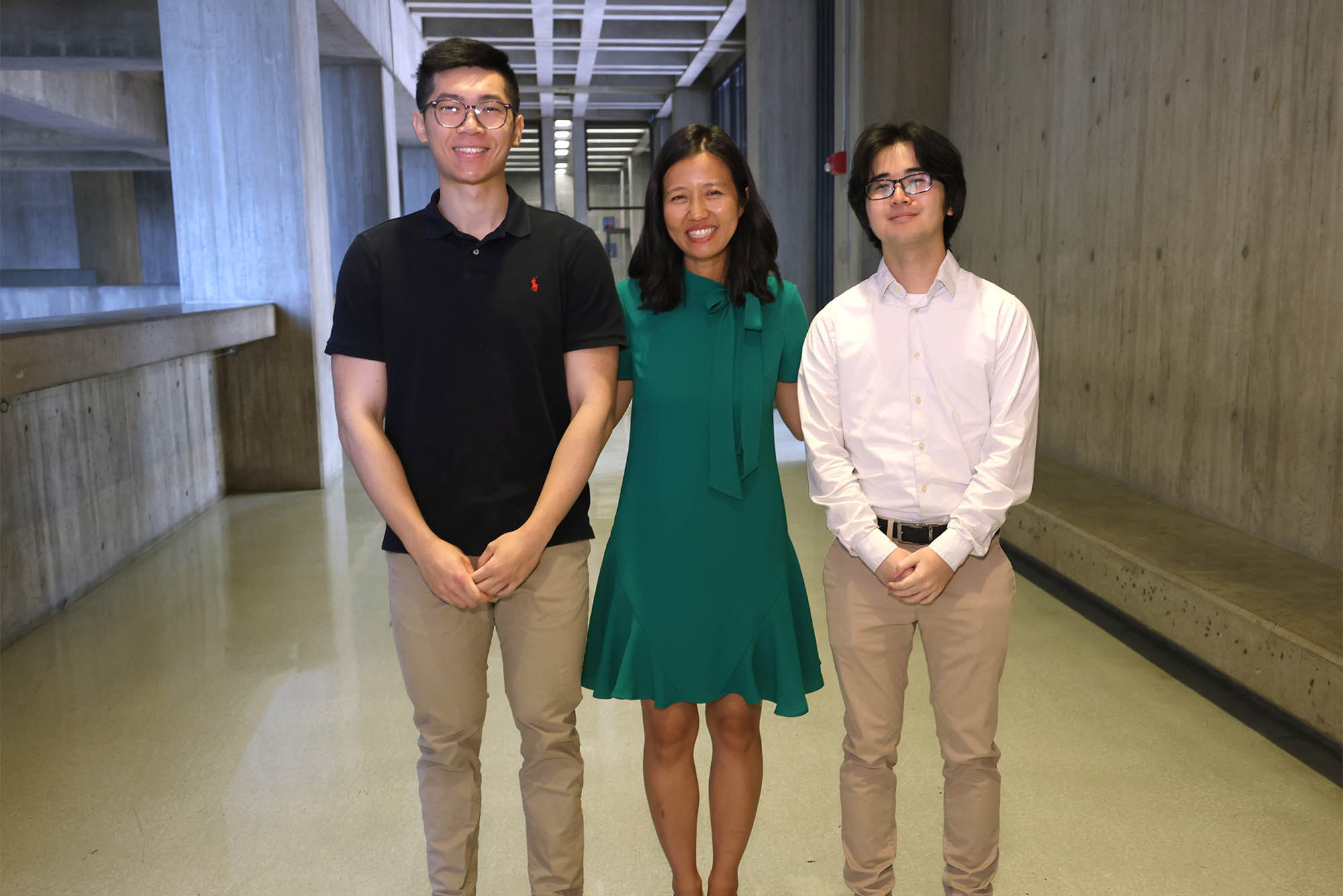
Boston Mayor Michelle Wu (center) with two of this year’s BU City Scholars Summer Fellows: Kevin Chin (ENG’25) (left) and Jiefu Huang (Questrom’24). Photo by John Wilcox, courtesy of the city of Boston
What Does It Take to Run Boston? We Asked These Terriers
2023 BU City Scholars Summer Fellows talk about what they learned during their internships at Boston City Hall
Running the city of Boston is a complex business. The city is home to a diverse population of approximately 650,000 spread over 89.62 miles. And like many cities across the country, Boston is facing a number of pressing issues: how to provide adequate affordable and low-income housing as rents and the median cost of buying a home continue to soar; dealing with a range of public health issues, including how best to meet the needs of the homeless community living at the intersection of Massachusetts Avenue and Melnea Cass Boulevard; and taking steps to adequately prepare Boston for the threats posed by climate change. Next year’s just-approved budget is a record $4.28 billion.
What’s it like to run a city and make sure that residents’ needs are being met? This summer, seven Terriers had a chance to observe the running of municipal government up close and personal as this year’s BU City Scholars Summer Fellows. They interned with various City Hall departments or worked for individual City Council members, conducted research, and worked with constituents across the city, learning firsthand some of the challenges and issues they face. They also had an opportunity to observe Boston Mayor Michelle Wu, now in her second year in office, as she continues to launch new initiatives, among them the Boston Public Schools Universal Pre-Kindergarten program.
Launched in 2016, the City Scholars Summer Fellows program is funded by BU’s Office of Government & Community Affairs (students receive a stipend for their service) and is open to any Thomas M. Menino Scholarship or Boston Community Service Scholarship full-time rising junior or senior.
We asked this year’s fellows to talk about what they learned working at City Hall this summer and how the experience might shape their future career plans.
Mariana Colque (CAS’25)
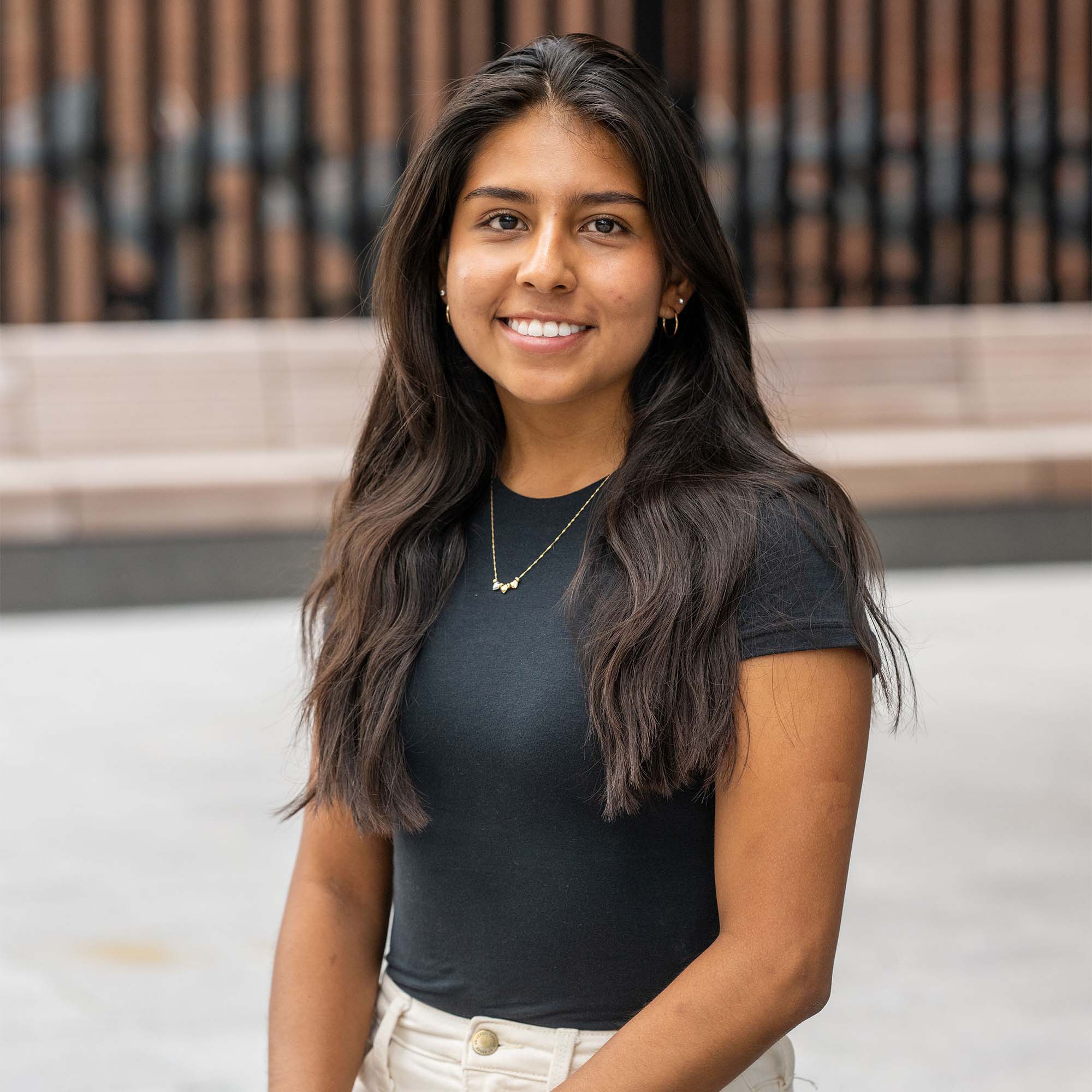
I spent the summer working in Language and Communication Access (LCA), a department under the Equity and Inclusion Cabinet. I learned the department’s importance firsthand through the people I worked with, and by seeing the number of requests for translations, interpretations, and assistive technology. The work done in this department is sometimes overlooked, but they collaborate with departments and organizations throughout City Hall so that residents can understand everything that an English speaker would.
I worked as a policy research assistant, helping with various projects, including budget reports, researching other language policies, and combining language access plans. A project I felt passionate about was exploring how public transportation systems in other US cities were implementing translations and interpretations. The lack of language access plans made me realize how some cities prioritize ensuring that everyone in their community can understand that a station is closing or a train/bus is delayed, while others had no such plan. The lack of language access in some cities is shocking.
Although I do not see myself working within city government in the future, my internship made me realize an aspect of city work I had overlooked. Language accessibility is a subject not often spoken about because many people assume everyone in the US speaks English. The people I worked with were all hardworking and passionate about making sure language accessibility is achieved in the city of Boston. Because of their passion, I now want to make language access one of the top things I can advocate for.
Kelly Clougher (Sargent’24)
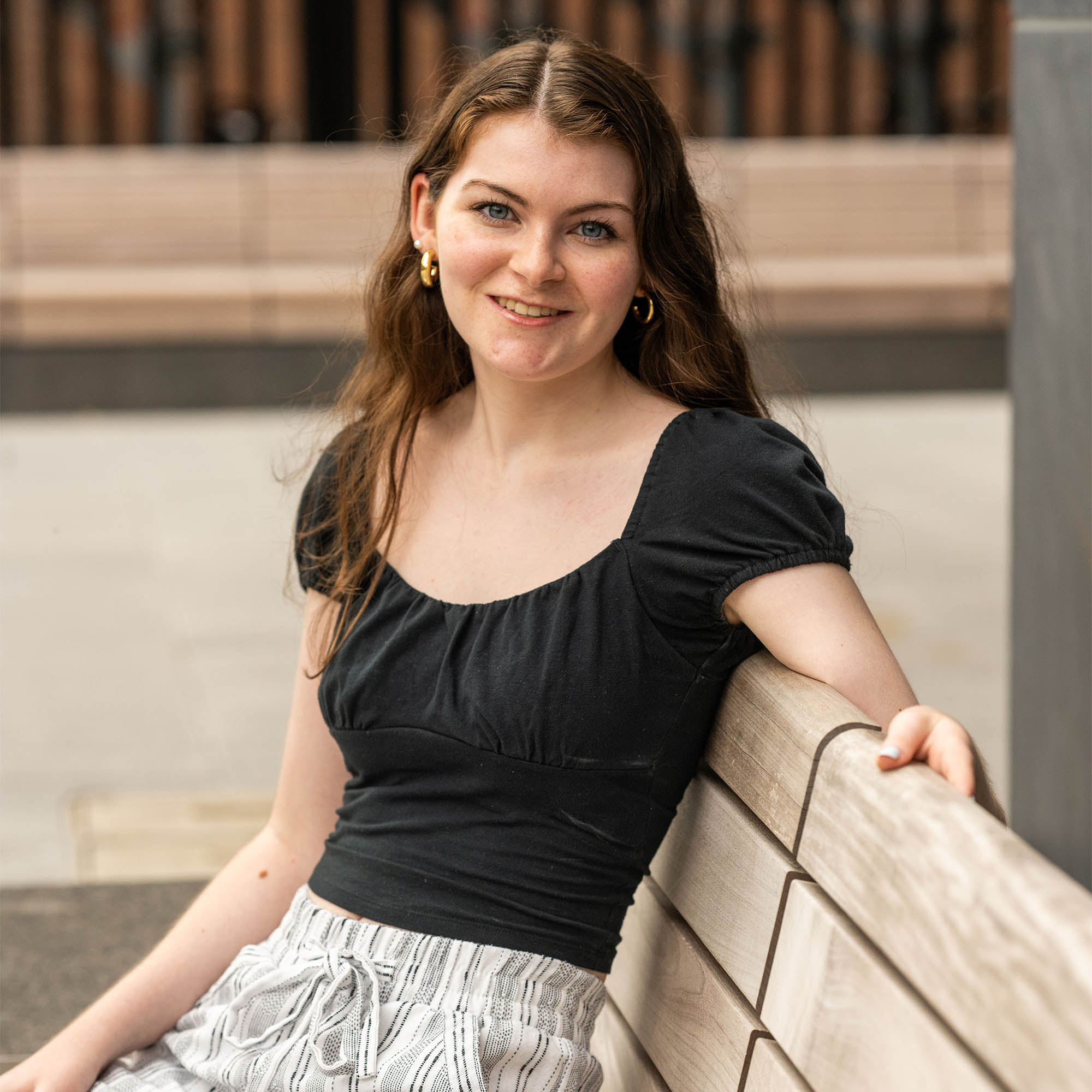
I had the amazing opportunity to work in the Office of City Councilor At-Large Michael Flaherty. My responsibilities included constituent services, policy research, and other tasks related to office operations. In an at-large office, constituent calls come from all over the city. I mainly worked on cases involving residents from Dorchester. Dealing with these cases, I learned a lot about how different city departments operate and interact with each other. It was eye-opening to learn about how many different departments there are and the scope of services that they provide to residents. Additionally, I had the opportunity to do policy research involving Boston Public Schools. My favorite project I worked on was researching the Exam Schools admission policy. because I had a chance to learn more about the school that I attended, Boston Latin School. In addition, I was able to assist with other office operations and observe City Council meetings and hearings.
In the future, I hope to work in a public school as a speech-language pathologist. My experience working at City Hall this summer increased my interest in public service, and specifically, gave me an insight into how city government works regarding public education. Having an understanding of how laws get passed and how education budgets get approved will definitely be useful for a career in public education. To see and experience city government processes this way has made me excited about the possibility of a career in public service. Overall, I am very thankful for this experience, and I truly enjoyed my time working with Councilor Flaherty and his staff.
Danny Nguyen (Questrom’25)
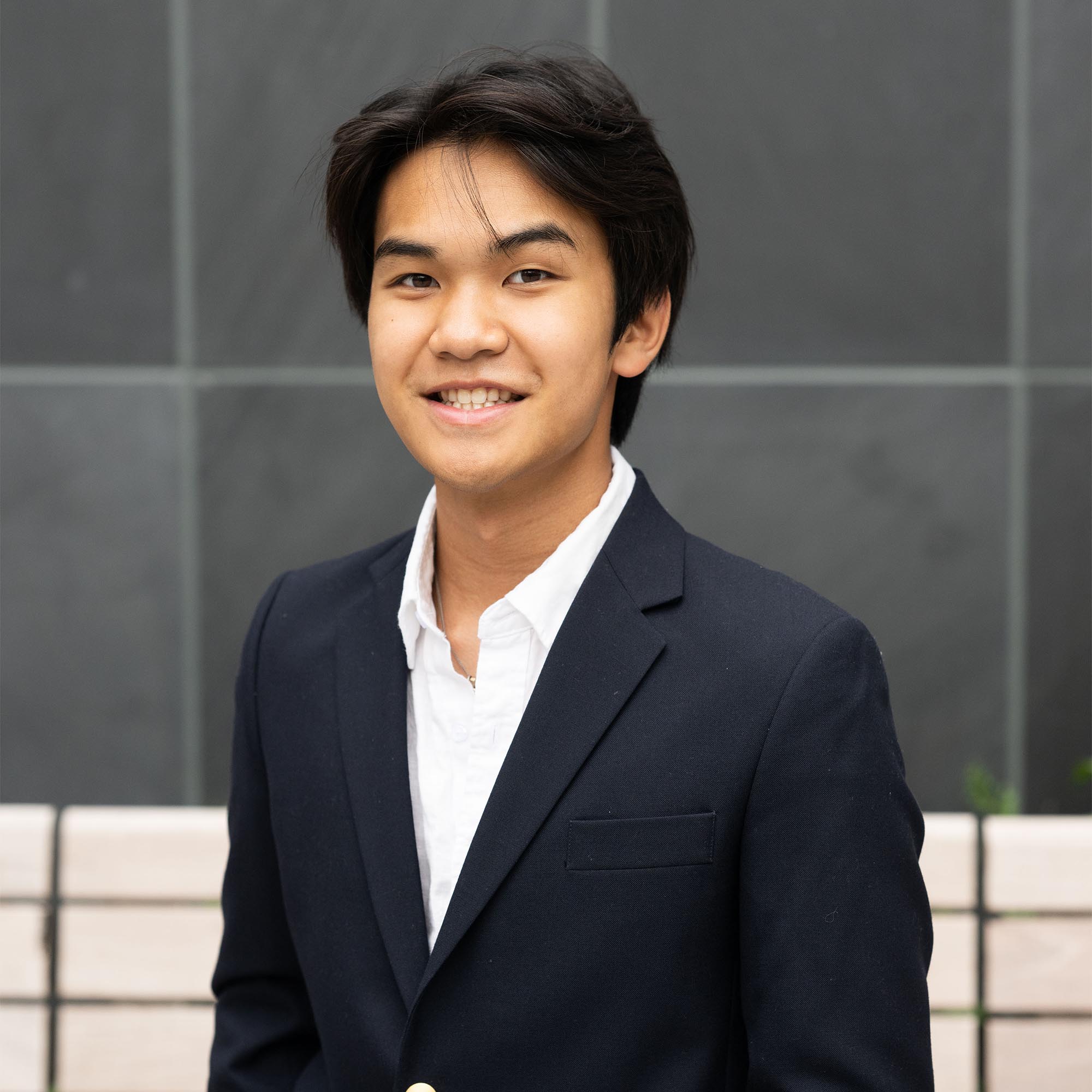
This summer I had the privilege of working in the City Hall Language Communications Access (LCA) department under the chief of staff, Gayana Daniels. I was her administrative assistant, working on projects involving research on organizations in Boston that pertain to the top 11 threshold languages. I also did research on different City Hall departments LCA works with and helped manage Ms. Daniels’ calendar, meetings, and weekly task board to ensure an organized and efficient workspace. Because there are so many neighborhoods where residents are not fluent, or even conversant, in English, the LCA’s mission is to provide accessibility to vital information through translating and communicating.
Although I had interned at City Hall before, I’d never truly understood how every department and its team are vital in running this city. Being able to speak directly to directors and liaisons from a variety of departments, such as the Police Department, Fire Department, New Urban Mechanics, and many more, gave me a firsthand perspective of how important their day-to-day work is. Through my LCA work, I’ve gained insights into the significance of municipal governance and its impact on our immigrant community. My time in the office has underscored to me the importance of enacting essential regulations to provide support for those who are less fortunate, with the ultimate goal of making life easier for Boston residents.
Katerina Tsagkalidis (Questrom’25)
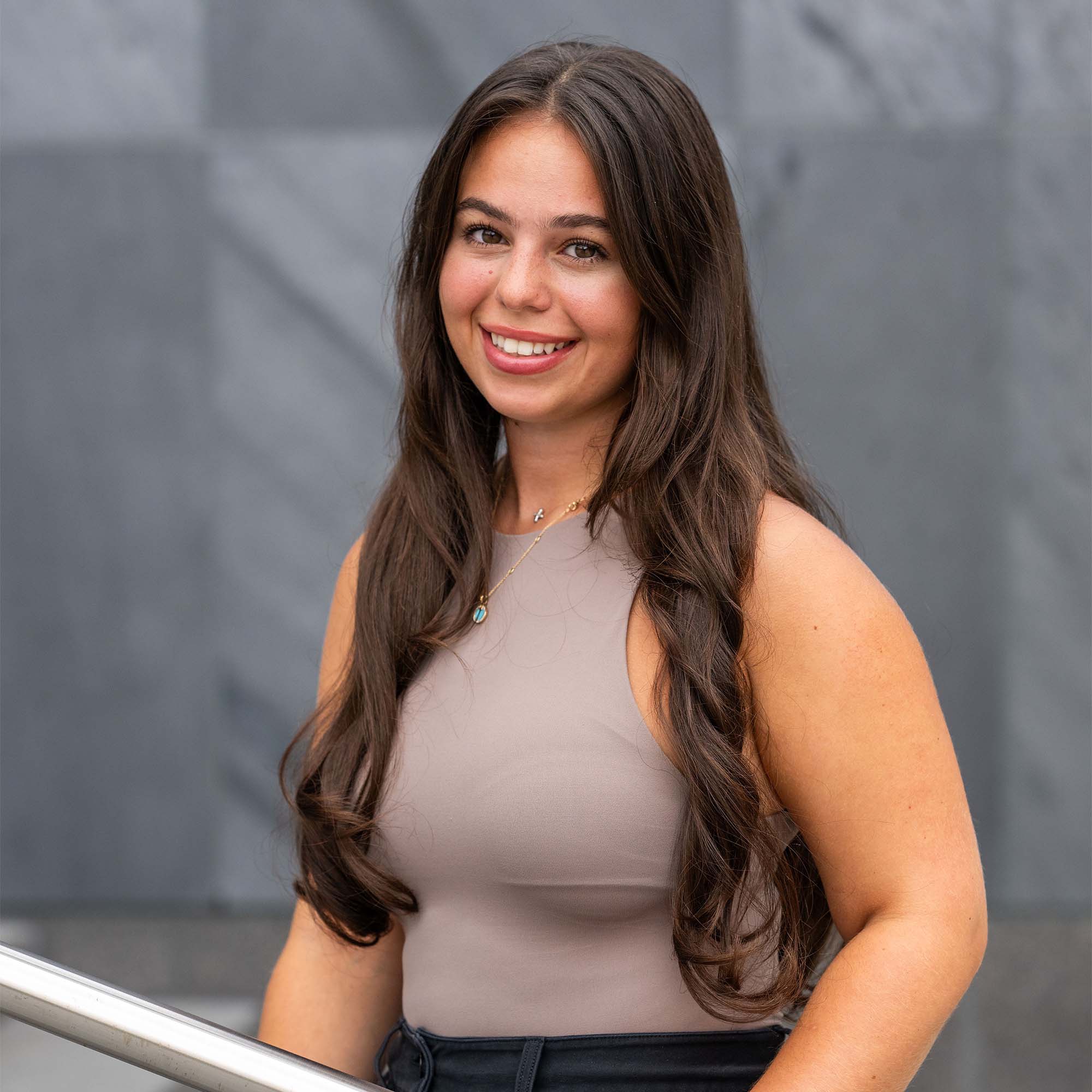
I had the opportunity to work this summer in the City of Boston’s Office of Early Childhood under the guidance of Kristin McSwain, its director. While interning there, I was involved in many ongoing projects, attended weekly meetings and many out-of-office events with Mayor Wu. I worked mostly with family child care providers, helping them with Boston Public Schools Universal Pre-K program and curriculum. I worked very closely with Boston Public Schools staff and met a lot of amazing people. I also worked on the Mayor’s Connect, Learn, Explore: Boston’s Commitment to Youth initiative, attending many events and seeing families and communities all over Boston come together. Not only did I have a chance to work on a lot of projects, I was also working with an amazing team who made this internship very enjoyable and fun.
I was able to see the time and effort city workers put into their jobs to assist the residents of Boston. Even though we were a small and new office, everyone was extremely welcoming, which made building relationships natural and easy. This internship gave me a great insight into what it’s like to work in the City of Boston. I was able to see real results from the work I was doing for Boston’s children and families. I still don’t have a career path figured out yet, but I think working in city government is definitely an option.
Kevin Chin (ENG’25)
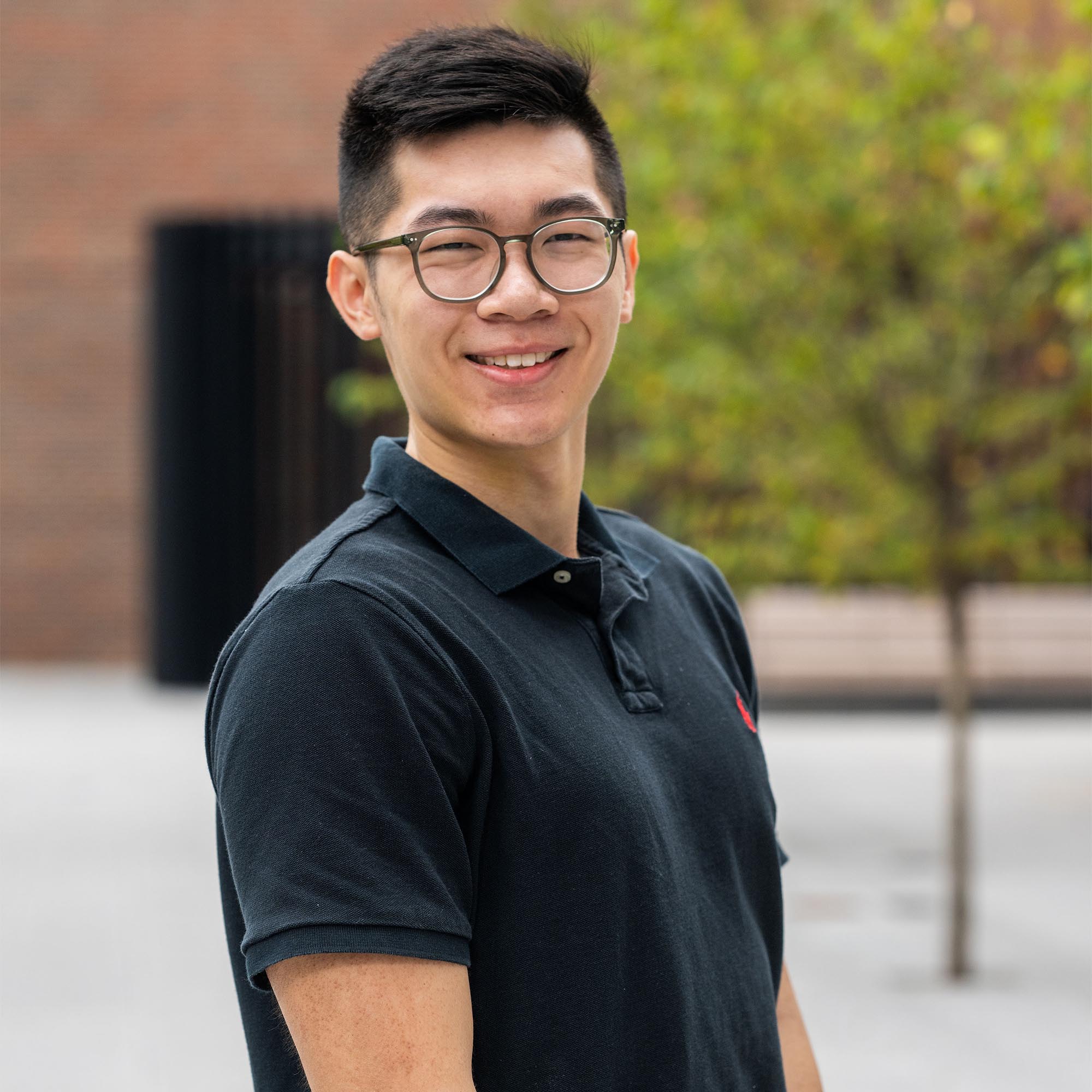
I had the privilege of working with the City of Boston’s Coordinated Response Team (CRT) with the Mayor’s Office. The CRT is a relatively new department that focuses on combating substance use disorder and unsheltered homelessness in Boston, with a specific focus on the turbulent Mass and Cass area. Although the CRT is small, the responsibilities and the impact it has are immeasurable. Not only is the team actively working with individuals in the Mass and Cass area multiple times a week, they also are responsible for processing and delegating tasks for each reported instance of unsheltered homelessness. I mainly worked on the administrative side, helping refresh the team’s website and facilitating communication between the various departments involved in combating this situation. I was also involved with some data analysis, spotting trends and highlighting areas of focus.
Having grown up in Boston, I thought I was well-versed in some of the issues plaguing the city’s neighborhoods and communities. On just the first day of my fellowship, I realized my naivete concerning these issues. I had accompanied a team member on a trip to Atkinson Street, one of the main areas of focus in the Mass and Cass neighborhood. It is hard to describe the dreadful living conditions on the street, as it’s nearly impossible to gauge the situation without seeing it in person. My experiences this summer have given me a profound admiration for the many organizations and municipal departments that strive to make Boston a better city. Just like the CRT has been doing, I hope to work on products and ideas that will benefit the community.
Gwen Liu (CAS’24)
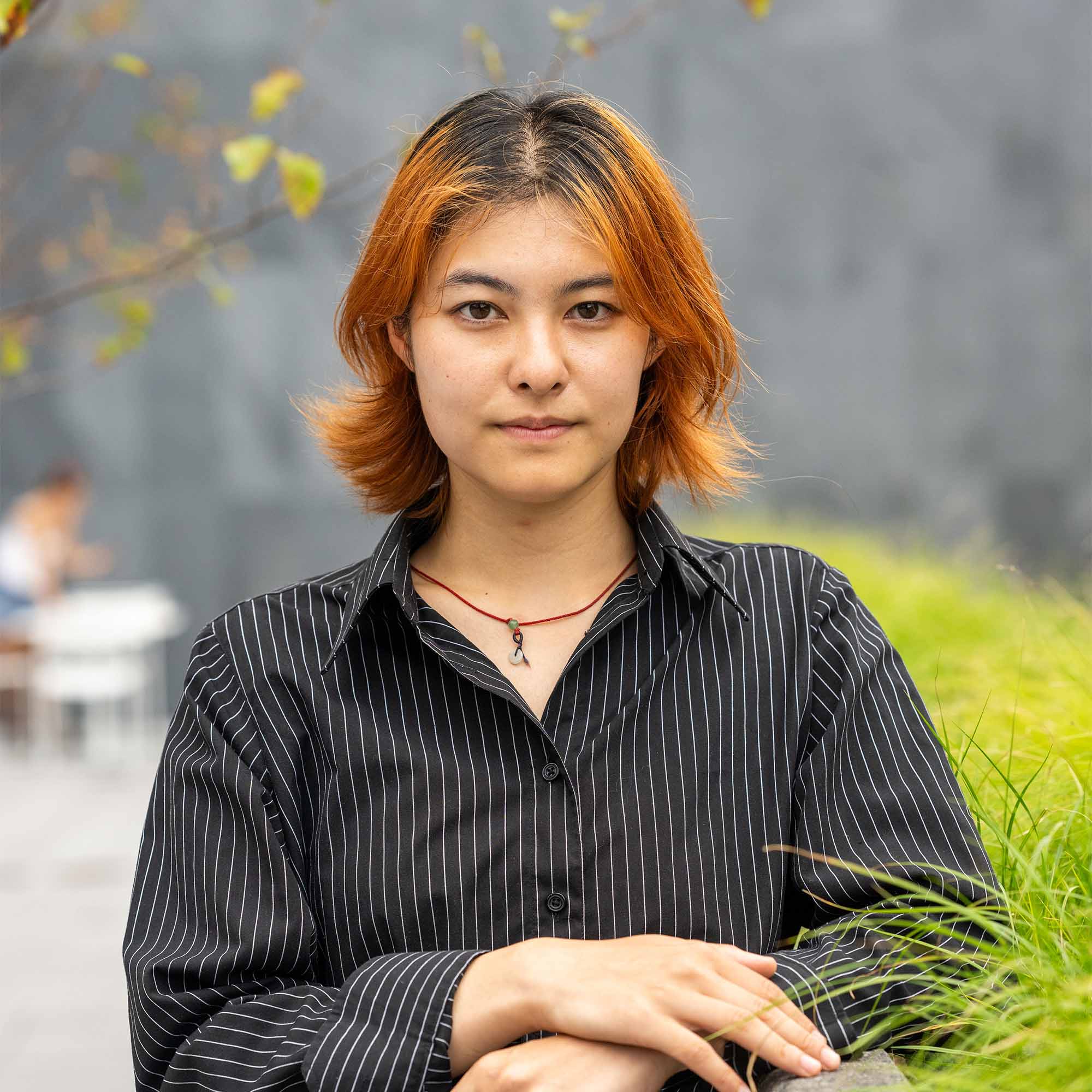
This summer I worked in Boston City Council President Ed Flynn’s office. I was mainly involved with constituent outreach and housing projects. I attended community events and weekly council meetings, drafting talking points and proclamations. It was really meaningful for me to do constituent work directly related to my community since Councilor Flynn represents District 2, which includes Chinatown, the neighborhood I live in. During one of my first weeks as an intern, I drafted a letter on behalf of the councilor to the Boston Transportation department, pushing for solutions to the limited parking spots in Chinatown due to an increase in construction there. Parking has always been a problem for Chinatown residents, and it was interesting to read the recent influx of letters and emails from residents and community organizations asking the councilor to take action. Being able to follow the process of receiving and addressing constituent concerns gave me a new perspective and opened my eyes to the power the councilor has in prioritizing attention from government departments to address constituent problems. I was also surprised by how accessible our city councilors are: it is so easy to walk into City Hall and directly talk to someone in our office for help with problems. I was happy to connect in a different way with my community and learn about the work that my community leaders are doing. This has inspired me to attend more community events, and specifically, monthly community meetings in Chinatown, which is easier now that I am living at home for my last year of college. I am completing a physics major this year, and hope to pursue a master’s degree in a related field, such as engineering or computer science. Long term, I am not sure what my career will look like, in engineering, design, or tech, but I will always be seeking ways to advocate for, and volunteer in, my community.
Jiefu Huang (Questrom’24)
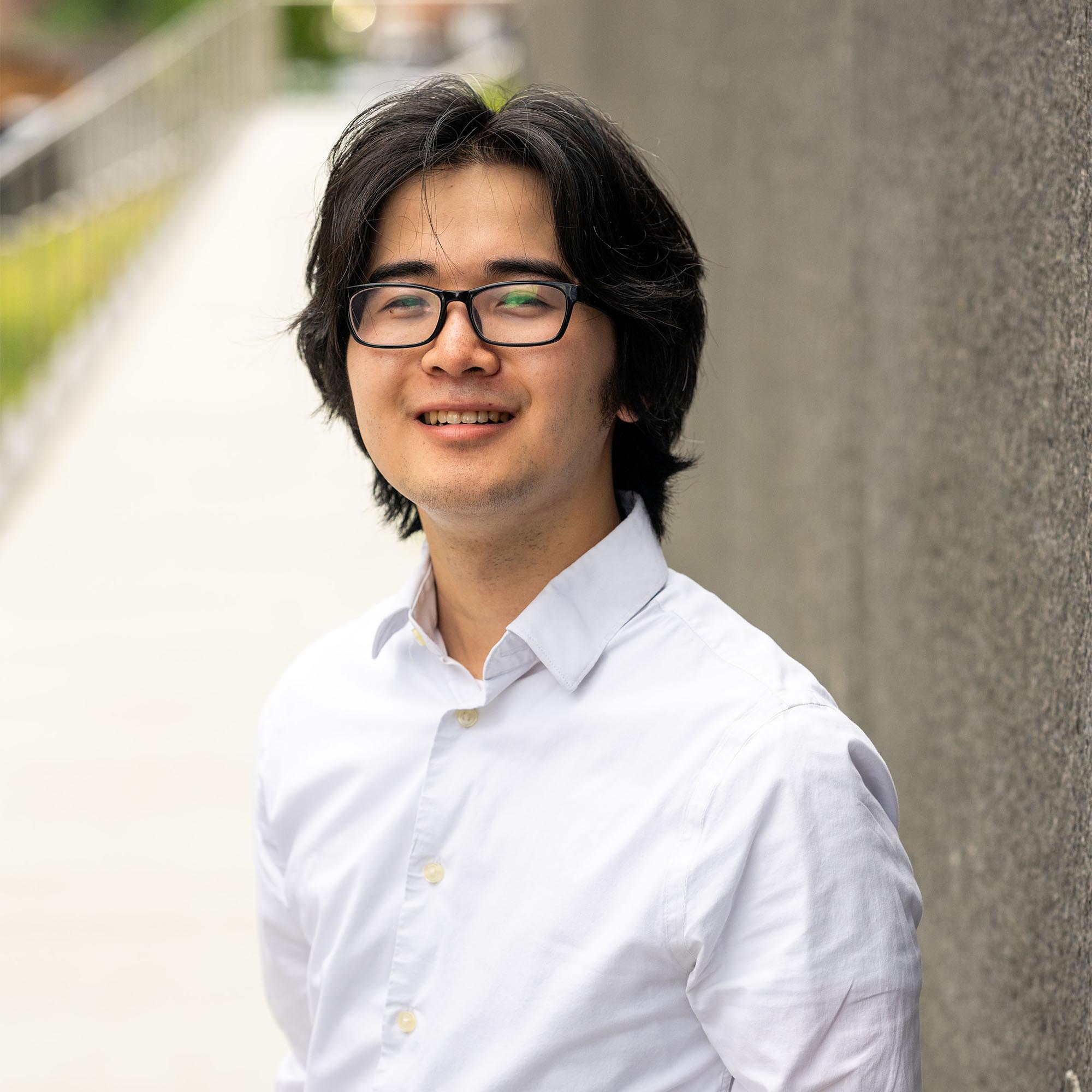
I worked in the City of Boston’s Office of Emergency Management (OEM) this summer. I was assigned to many small tasks within the department, including attending Jurisdictional Point of Contact Committee (JPOC) and subcommittee meetings, promoting OEM at Mayor’s Wu coffee hours, writing guidelines for new hirings, and researching and doing data entry for OEM’s emergency hazard contact list. Additionally, I accompanied coworkers on site visits to different jurisdictions for equipment checks on items that were bought with grant money provided by the city. These experiences were eye-opening because they allowed me to get a firsthand sense of various equipment used by first responders. Last, I was fortunate to have the chance to help with the reimbursement packages for the Federal Emergency Management Agency (FEMA) Urban Areas Security Initiative Program FY21.
Overall, I am extremely grateful for the opportunity I had to work with the wonderful staff at OEM. My experience there helped me realize that there are a lot of people behind the scenes that are working continuously to make Boston a better place for the diverse group of people who live there. I came into this internship naive about the functions of city government and had very little interest in a career here. Now, however, I can see myself working here if the right opportunity arose.
Comments & Discussion
Boston University moderates comments to facilitate an informed, substantive, civil conversation. Abusive, profane, self-promotional, misleading, incoherent or off-topic comments will be rejected. Moderators are staffed during regular business hours (EST) and can only accept comments written in English. Statistics or facts must include a citation or a link to the citation.